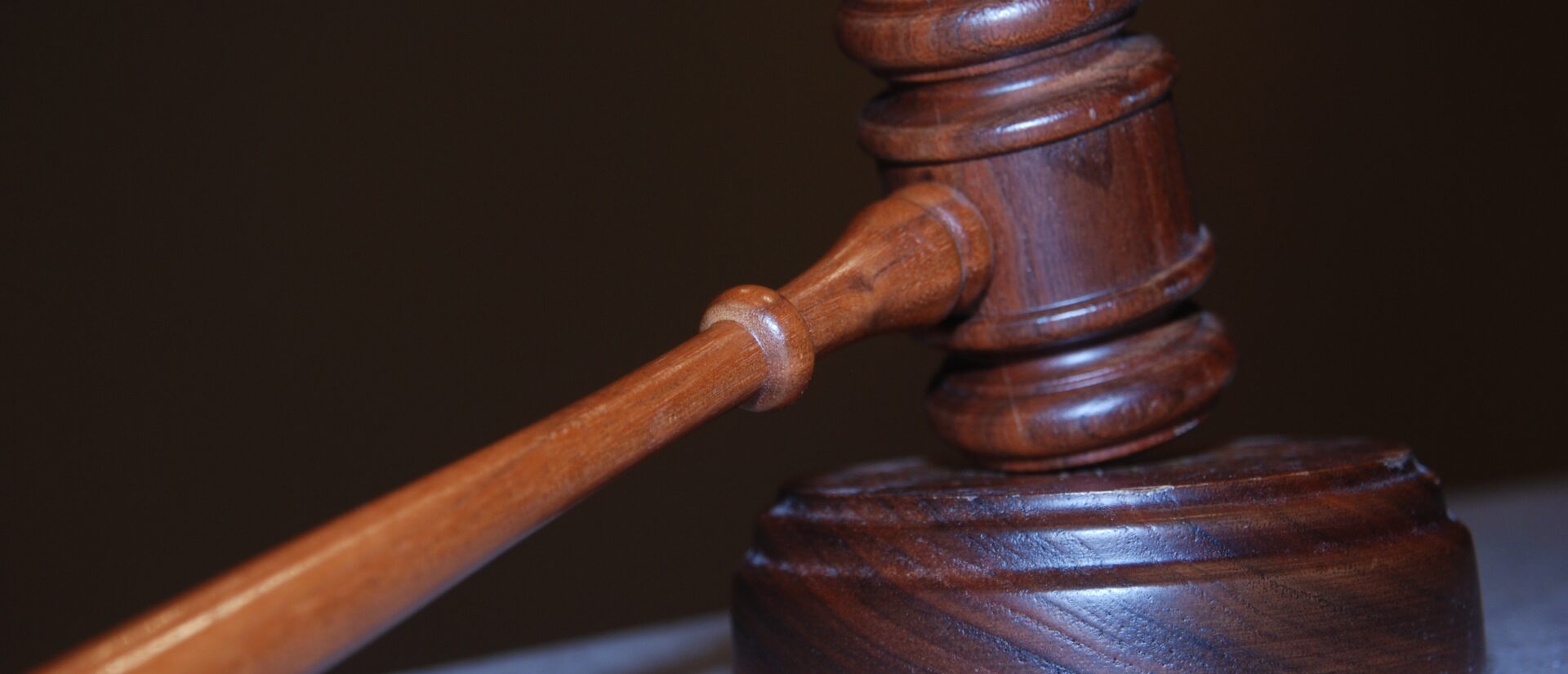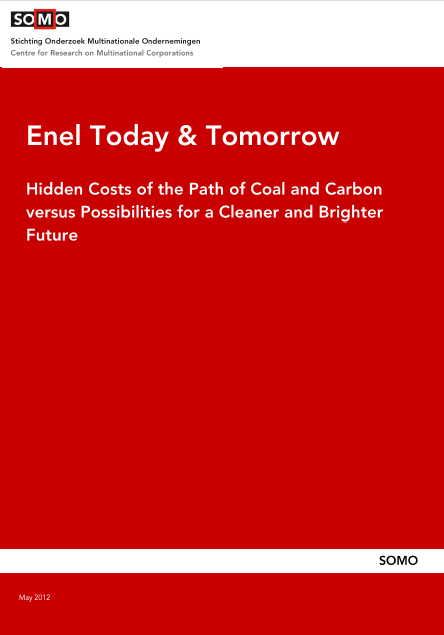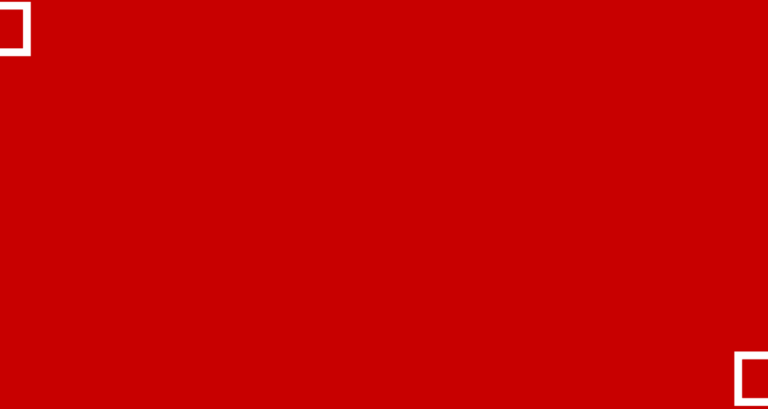
Transparency and solid research give corporate claims no chance
An accusation of insufficient hearing, attempted slander and letters from lawyer’s offices threatening us with legal action. In the last two years, in response to its research, SOMO has been faced increasingly with legal claims from companies. In most cases a strong and well-argued response from SOMO is the end of the threats. But this summer it did come to a court case, and the judge deemed the accusations against SOMO’s client unfounded.
‘We want to be transparent where it concerns our research activities, review procedures and possible complaints’ says SOMO director Ronald Gijsbertsen, ‘where critical research is involved, large interests can be at stake.’
Court case June 2012
As usual in research projects where large corporations are being accused of abuses, senior researcher Joseph Wilde-Ramsing sent the draft of the findings on the economic and health consequences of the coal-fired power plants of energy producer Enel to Enel’s Italian head office for review.
‘Sometimes companies come back with an additional nuance or up-to-date information that had not been made public before, and this only strengthens the quality of our research. What’s more, we always try to incorporate the company’s response in our final report.’
After the term for review of two weeks had passed, and he had also mailed them a reminder, one morning Joseph Wilde-Ramsing suddenly found himself in a conference call with four Italian representatives of Enel who spent a full hour all talking at the same time. The implication that they were warning SOMO not to publish their findings was not lost on Wilde-Ramsing. But they never answered the question if they did have calculations that contradicted SOMOs conclusions. The Italians realised that they had no case against SOMO. And in the court case that followed against SOMO’s client Greenpeace Italy, Enel lost.
SOMO Code of Conduct
‘SOMO publishes critical research with social relevance,’ says Gijsbertsen. ‘The core of the matter is formed by the facts in the research, and we do not want to be distracted from this main purpose by misunderstandings or errors. We expect transparency from companies, so we also need to act transparently. Our Code of Conduct states among other things that we are open about the goal of our research, about the financing and about how the results are going to be used.’
When a research project reaches its conclusive phase, the review and control is SOMO’s standard procedure.
Gijsbertsen: ‘We have always done an internal review, with a colleague double-checking the findings. Where specific expertise is needed, we hire an external professional, a professor for example. Currently for one of our running research projects we have a lawyer and tax expert reviewing our papers.’
Draft report to companies
SOMO has developed a fine sense for when a project may lead to trouble. Often corporations have been apprised of the research in advance. When a company is accused of anything, said company is sent the draft of the report and given the opportunity to respond.
‘And that’s when the waiting game starts, with corporations playing for time and frustrating the research with complaints and letters from lawyers,’ Gijsbertsen says. ‘It’s a waste of time and energy on behalf of staff and researchers. But in the end, transparency and solid research should ensure that legal threats will be withdrawn or declared null and void.’
Related content
-

-
Enel Today and Tomorrow Published on:
 Joseph Wilde-RamsingPosted in category:Publication
Joseph Wilde-RamsingPosted in category:Publication Joseph Wilde-Ramsing
Joseph Wilde-Ramsing
-



